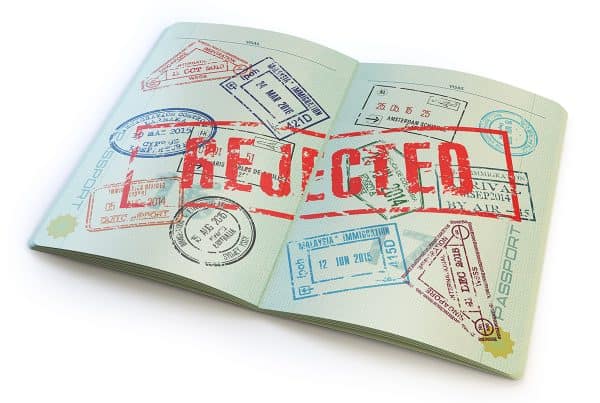Immigrating to Canada is an exciting but often stressful journey. Applicants usually expect a waiting period, but when weeks stretch into months, or even years, it can feel overwhelming. Processing times vary widely depending on the type of application, the visa office, and global events. While some delays are outside your control, there are steps you can take to better manage the process and protect your status.
This blog post walks you through why delays happen, what you can do while waiting, and when it may be time to involve an immigration lawyer.
Why Do Immigration Delays Happen?
Immigration, Refugees and Citizenship Canada (IRCC) provides estimated processing times, but many applications take longer. Common reasons include:
- Backlogs and resource limitations: IRCC faces millions of applications each year, and demand often exceeds capacity.
- Incomplete applications: Missing forms, outdated documents, or incorrect details can result in pauses until clarification is provided.
- Security, background, or medical checks: These steps can take longer if you have lived in multiple countries or if additional examinations are needed.
- High-demand programs: Applications under spousal sponsorship, work permits, or permanent residency categories may face surges at certain times of the year.
- Global events: Pandemics, geopolitical conflicts, or local disruptions (like strikes or natural disasters) can impact timelines.
How Delays Impact Applicants
Extended delays can have real consequences:
- Work and study plans are disrupted. Students may miss program start dates; workers may lose job offers.
- Family separation. Spouses and children may remain abroad, prolonging emotional hardship.
- Loss of status. Applicants may run out of legal status in Canada while waiting for decisions.
- Financial strain. Repeated extensions of visitor status, lost job opportunities, or tuition deferrals can be costly.
Steps You Can Take to Manage Delays
While you can’t speed up IRCC’s internal processes, you can take proactive steps to reduce risks and stay informed.
- Track Processing Times
Check IRCC’s official processing times tool regularly. While it doesn’t guarantee exact timelines, it gives you an idea of what to expect compared to your own file.
- Use the IRCC Webform
If your application is beyond the normal processing time, you can submit a web form inquiry to IRCC. This allows you to ask about the status of your file and provide any updates or corrections.
- Request GCMS Notes
You can request your Global Case Management System (GCMS) notes under Canada’s Access to Information Act. These are the officer’s internal notes on your application and can reveal whether it is waiting for review, stuck at background checks, or flagged for additional documents.
- Keep Your Status Legal
If you are inside Canada, ensure your temporary status (visitor, student, or worker) does not expire while waiting. Apply for extensions early and keep proof of implied status if you’ve applied for renewal before expiry.
- Stay Updated With Your Visa Office
Different visa offices abroad process applications at different speeds. Following updates from your local office may provide insight into general delays.
When to Seek Help From a Lawyer
You don’t always need a lawyer to deal with delays. Many applicants can handle webform requests or status updates themselves. But there are times when professional help is advisable:
Prolonged silence beyond processing times: If you’ve had no response from IRCC despite inquiries, a lawyer can escalate matters.
Complicated cases: If you have prior refusals, inadmissibility issues, or complex travel histories, delays may signal underlying concerns that need legal attention.
Mandamus applications: In extreme cases, a lawyer can file an application in Federal Court to compel IRCC to make a decision (called a “writ of mandamus”). This is a last resort, but sometimes necessary for years-long delays.
Urgent humanitarian situations: If family separation is causing hardship, or if work/study start dates are at risk, a lawyer can help advocate for expedited processing.
Tips for Coping With the Wait
Stay organized: Keep all receipts, confirmation letters, and correspondence in one place.
Plan financially: Anticipate possible longer waits and budget for extensions or delayed income.
Prepare for next steps: While waiting, gather additional supporting documents (like updated police checks or financial proof) so you’re ready if IRCC requests them.
Avoid multiple unnecessary applications: Submitting duplicate applications for the same program can backfire and slow things down.
Conclusion
Immigration delays are frustrating but often unavoidable. While you cannot control IRCC’s workload or external events, you can control how prepared and informed you are. Use the tools available: processing times, webforms, and GCMS notes, to stay proactive. Ensure your status remains valid and avoid simple mistakes that could compound delays.
If the delay is excessive or impacting your life in serious ways, an Immigrationway lawyer can step in to investigate, escalate, or even seek legal remedies. Remember, your application represents your future in Canada; being proactive and seeking help when needed ensures it doesn’t remain stuck in limbo longer than necessary.





